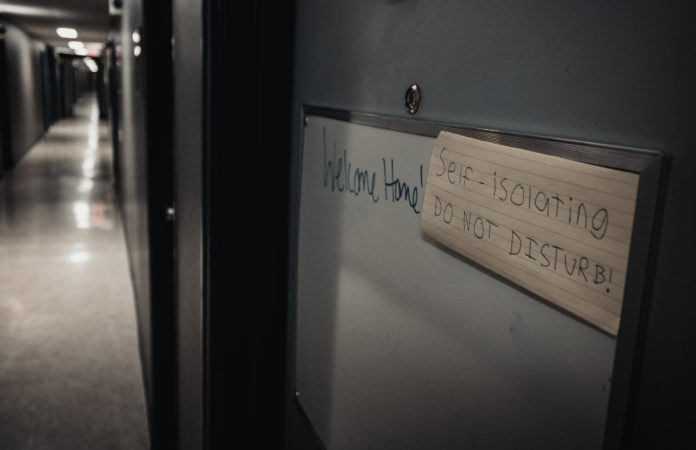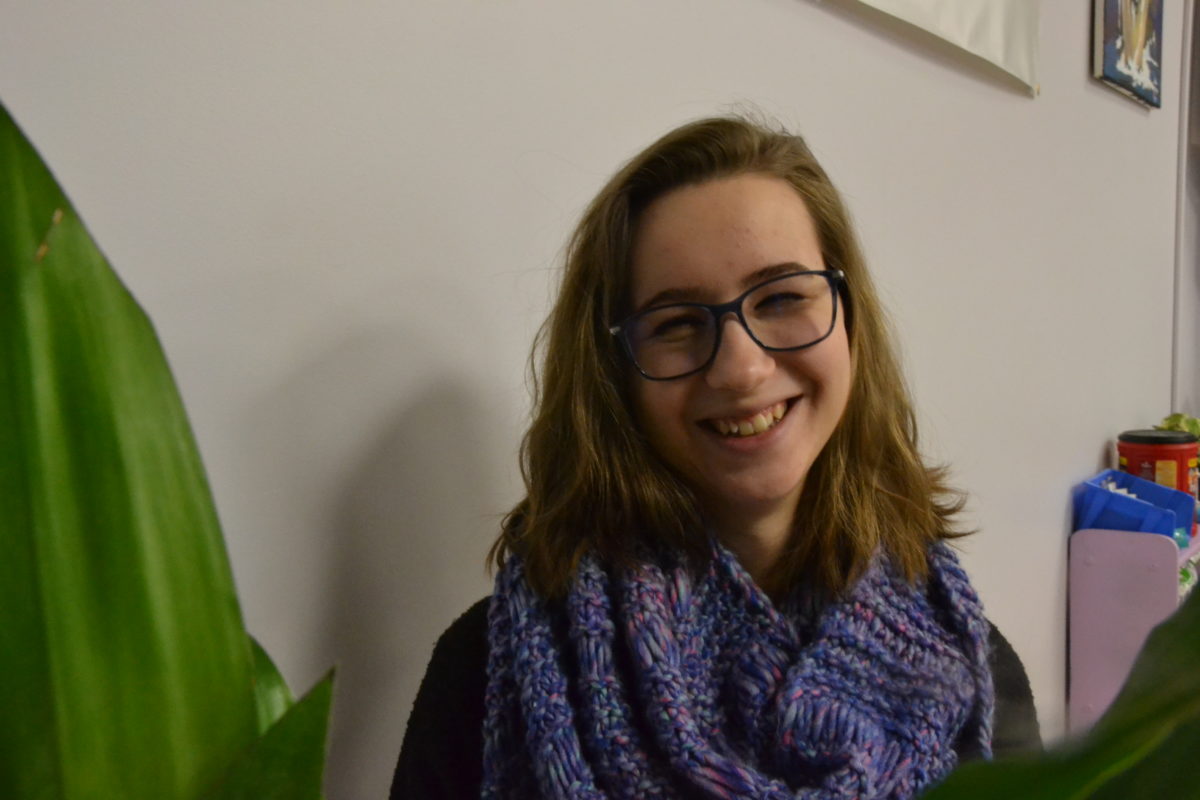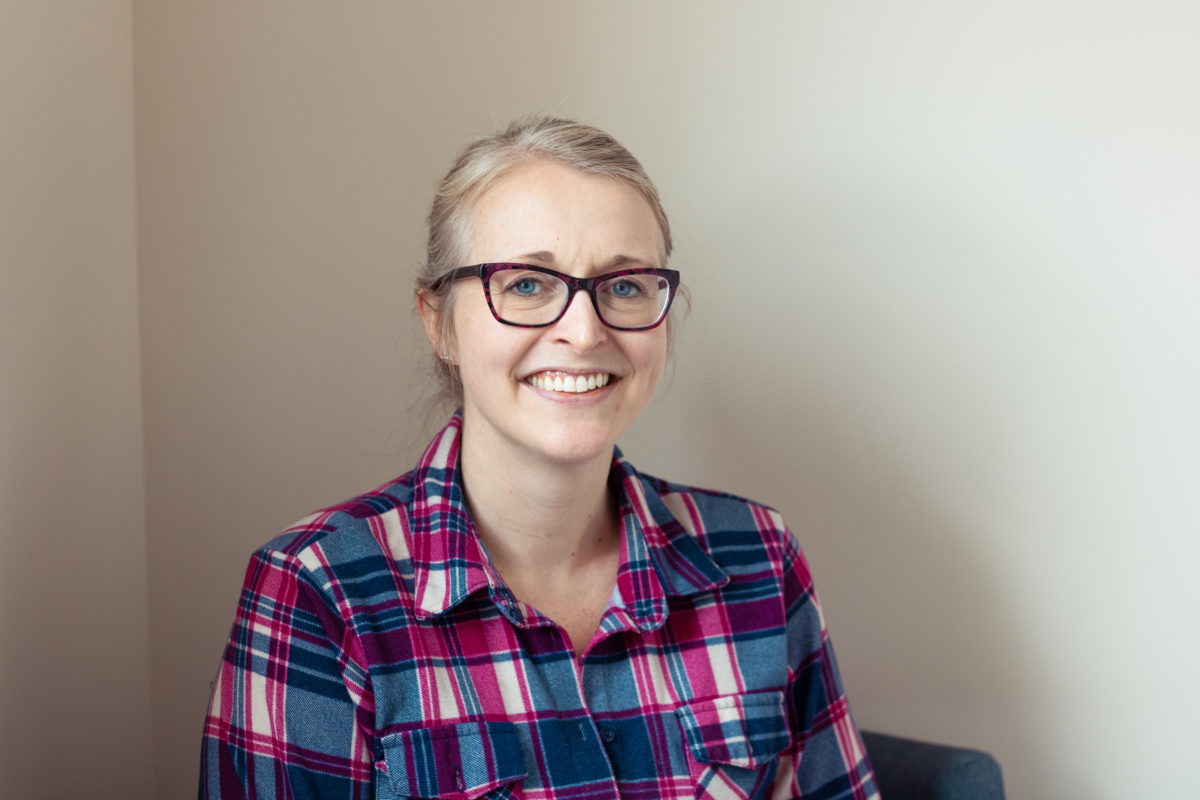
With the bursting of the Atlantic bubble in late November, many students were forced to decide whether to go home for the holidays and isolate, or forego seeing family.
Students returning to New Brunswick must isolate for 14 days upon re-entry. Victoria Young, a third-year political science student at St. Thomas University, returned to her hometown of Winnipeg despite a mandatory isolation order in Manitoba.
“I just really wanted to see my family over the Christmas holidays,” said Young.

Despite returning home, Young wasn’t able to see everyone she hoped because of Manitoba’s restrictions.
“I didn’t really get to see a lot of my aunts and uncles and grandparents,” said Young.
When she came back to Fredericton after the break, she isolated by herself.
Nicole Leary, a fourth-year political science major at STU, returned to Nova Scotia where she stayed with family and attended a wedding with friends.
Upon return, Leary isolated with her roommate, who also returned from N.S., but she knew what to expect because it wasn’t her first time in isolation.
“I kind of knew it was going to be boring and that you’d lose your mind because we don’t have things to do,” said Leary.

Kelly Humber Kelly, STU’s mental health coordinator, said isolation can be difficult and students should be aware of loneliness going into the process.
“Be prepared for how boring it can be. So [make] sure you have books or puzzles, a hobby or a craft, something like that,” said Humber Kelly.
Leary and Young both attempted do-it-yourself projects to pass the time. Leary crocheted a sweater while Young attempted the TikTok hot chocolate bomb trend where she used melted chocolate to create hollow chocolate balls filled with cocoa powder and dropped them into hot milk.
Humber Kelly said maintaining social connections and utilizing social outlets throughout isolation might help with loneliness. Young frequently video-chatted with friends and family throughout her isolation period.
Humber Kelly said it’s important to recognize that the brain will become bored with Netflix, TikTok and other mediums. She said physical activity, social interaction, eating and sleeping throughout isolation can help maintain good mental health.

“The best I could say is just be prepared. Try to find ways to fulfill those basic human needs, even if you are on your own,” said Humber Kelly.
Leary found that the beginning of university both helped and hindered her experience in isolation. Despite her schoolwork offering a distraction, it also prevented her from fully relaxing.
“It was harder to disconnect this time around because we had to do more for STU and we had to have our phones on us for daily government calls,” said Leary.
Young also struggled with the stress of starting classes again while in isolation. She said it’s important to make time to relax. For her, relaxing includes Netflix, organizing and online shopping.
“It’s both bad and good. I think an important part of being a successful student is having different environments to work in, social interactions, being able to take breaks [and] doing things outside,” said Young.
“Of course, you can’t really do that when you’re isolating. It’s a little bit difficult.”
